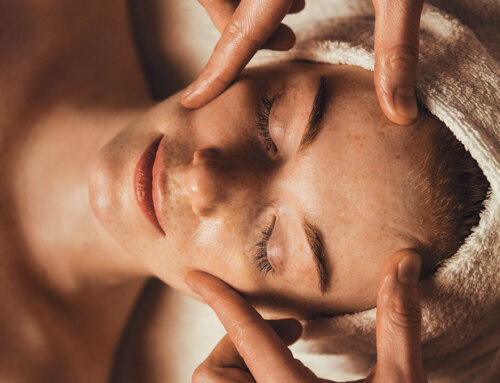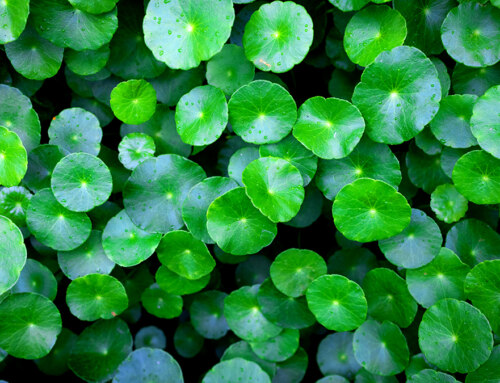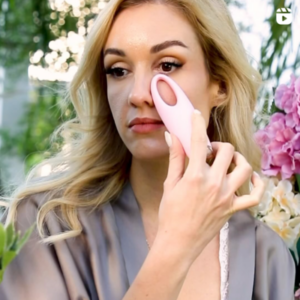#3 might surprise you.
Do you feel left in the dark as to why your skin constantly looks parched? Even if you moisturize regularly, those dreaded white patches of dry skin can still pop up on your face and you may be searching for answers as to why it’s happening. That’s why it’s crucial that you understand what exactly is causing your dry skin–so you can treat the root of the cause and get rid of your dry skin once and for all.
Contents
1. Dry Air
When humidity levels drop, so does the amount of moisture in the skin. Because of this, dry skin usually flares up in winter, when the air is dry. Even in hotter weather, if the climate is arid, your skin can lose water content. Windy weather whipping against the skin can also rob your face of its natural oils, as can frequent exposure to the sun. But you’re not off the hook if you stay indoors either. Both indoor heating and air conditioning strip moisture from the air and from your skin as well.
2. Hot Showers
We know that taking long, hot showers can be very tempting, but try not to indulge in this too often. Hot water breaks down the lipid barriers in the skin, seeping it of protective oils. The longer you stay in a hot shower, the more you dry out your skin.
3. Harsh Skin Care
Choosing the right skincare products for your face is essential. Not any old bar of soap will do! Heavily fragranced, antibacterial, and standard soaps with high pH levels all remove oil from your skin’s surface and dry it out. Using abrasive scrubs and fibrous brushes to cleanse your face similarly scours away protective lipids.
For a gentle cleanse that’ll nourish your skin, check out the FOREO Micro-Foam Cleansers that are specially formulated for your skin’s special needs.

SHOP MICRO-FOAM CLEANSERS >
4. Dehydration
You lose water through your skin every day, even if it’s not hot and you’re not sweating. Water keeps our cells plump and healthy and if you’re not drinking enough, your skin becomes dehydrated, causing a shriveled, dried-out complexion.
5. Aging & Hormones
As women grow older, their epidermis thins and becomes more fragile, making it difficult for the skin to retain moisture. Furthermore, estrogen levels begin to drop, particularly during menopause. Estrogen is an essential hormone for the maintenance of healthy skin and low levels of this hormone impair the production of the skin’s oils.
6. Medical Conditions
A number of medical conditions can result in dry skin and require consultation from a doctor, including:
Psoriasis – An autoimmune disease that causes the rapid buildup of rough, dry, dead skin that form thick scales.
Atopic Dermatitis (Eczema) – A chronic inflammation of the skin marked by dryness and rashes.
Diabetes – Fluctuations in glucose levels can lead to dehydration that dries skin out.
Hypothyroidism – Low levels of thyroid hormones can reduce the amount of oils the skin produces. This sometimes affects pregnant women.
Find the Cause, Get the Solution
Once you determine the cause of your dry skin, the next step is applying the appropriate treatment. However, if you only suffer from dry skin periodically or your skin is just starting to feel a bit tight, consider taking preventative measures first to stop dry skin before it becomes a problem.
Read the Ultimate Guide to Dry Skin Prevention >
Disclaimer: The information on this website and any related links are for general informational purposes only and should not be considered a substitute for professional advice. Do not use the information on this website for diagnosing or treating any medical or health condition. If you have or suspect you have a medical problem, contact a professional healthcare provider.




















Leave A Comment